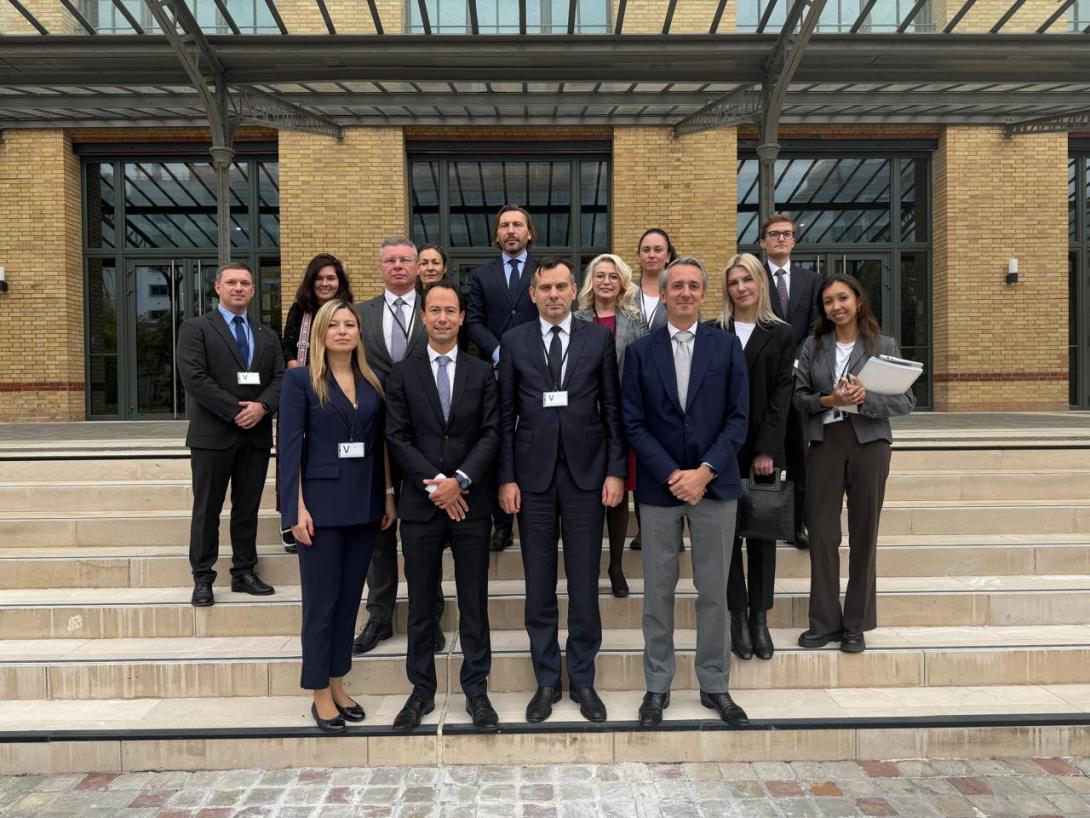
Ukraine Deepens Dialogue with France and Belgium on Supporting Democratic Resilience and Engagement of Citizens Abroad
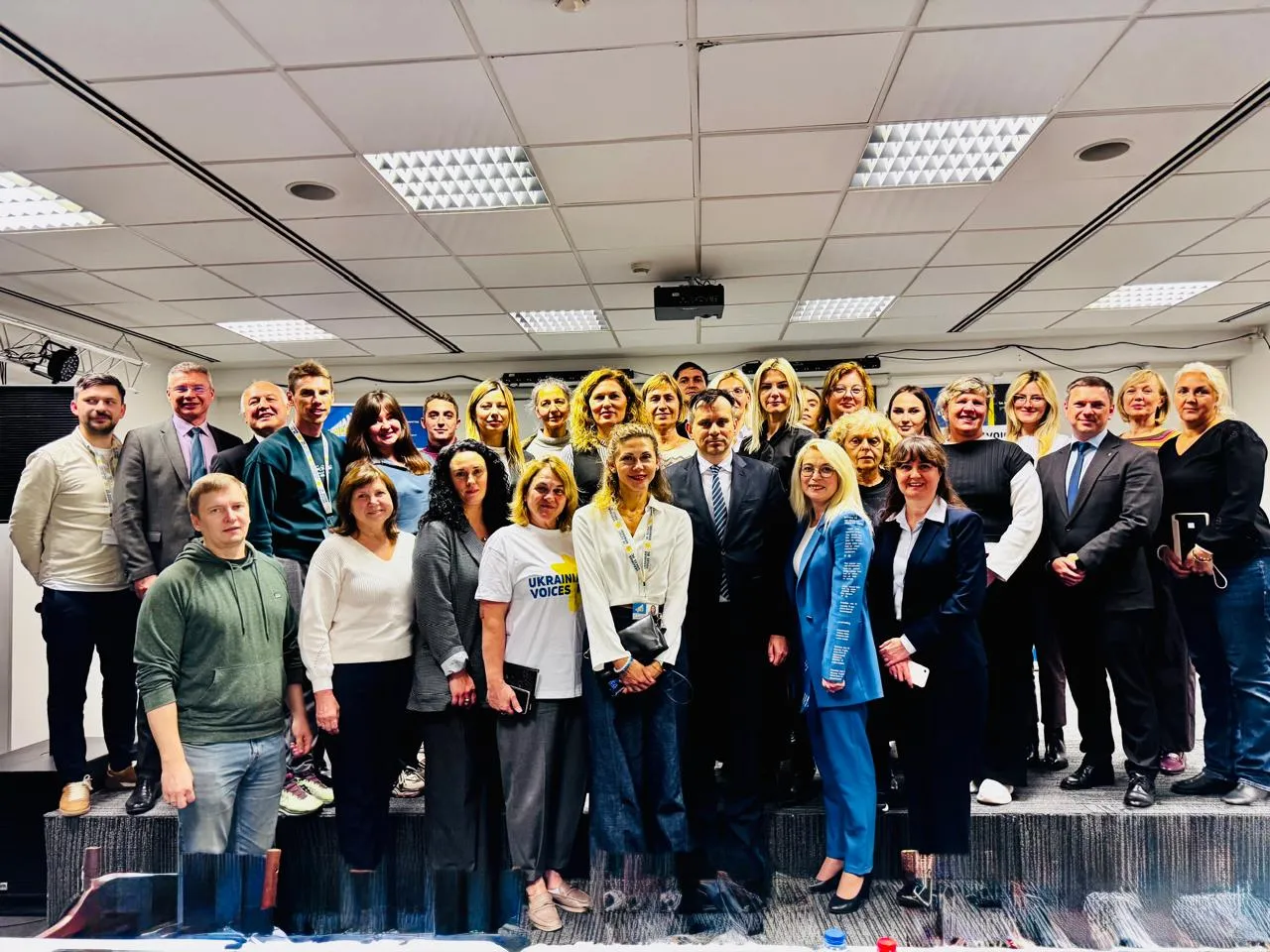
These visits were organized with the financial support of the European Union under the project INSPIRE UA – Inclusive Support for Participation, Involvement, Representation and Engagement of Ukrainians Abroad, implemented by International IDEA.
The consultations built upon previous exchanges held in the Nordic countries in September this year and aimed to study the legal, institutional and logistical arrangements applied by EU Member States in ensuring citizens’ participation in elections abroad. They focused on organizational aspects relevant to Ukraine’s out-of-country voting (OCV), such as the selection and accessibility of polling premises, security and logistics planning, and coordination between electoral, diplomatic and local authorities. They also provided an opportunity to deepen cooperation between Ukrainian authorities and European partners on key aspects of democratic governance, transparency and inclusion – all priorities embedded in Ukraine’s EU accession agenda and the Roadmap on Functioning of Democratic Institutions, adopted by the Government of Ukraine in May 2025.
Consultations in France
In Paris, the delegation held extensive meetings with the Ministry of the Interior, the Ministry for Europe and Foreign Affairs, and VIGINUM – the Service for Vigilance and Protection against Foreign Digital Interference.
The discussions aimed to explore the possibilities for arranging out-of-country voting for Ukraine’s future post-war elections. They also focused on the French model of organizing elections abroad, which combines central coordination by the Ministry of Foreign Affairs with practical arrangements through consular networks and cooperation with local authorities. French officials shared insights on managing large-scale voter registration, ensuring accessibility of polling stations beyond embassies and consulates. Discussions further covered the security of electoral materials and premises, and the logistical and financial aspects of organising large-scale out-of-country voting operations for Ukraine’s future post-war elections.

The delegation paid particular attention to the mechanisms safeguarding democratic institutions against external interference. At VIGINUM, Ukrainian representatives learned about the system of monitoring, detection and response to foreign digital interference in electoral and political processes and the coordination between cybersecurity agencies. These exchanges provided valuable lessons for Ukraine as it develops its own mechanisms to protect electoral integrity and public trust in information.
An interactive session with members of the Ukrainian community in France enabled an open discussion about the expectations and experiences of displaced Ukrainians, challenges related to voter registration, communication channels for election information, and ways to enhance cooperation between communities and official institutions.
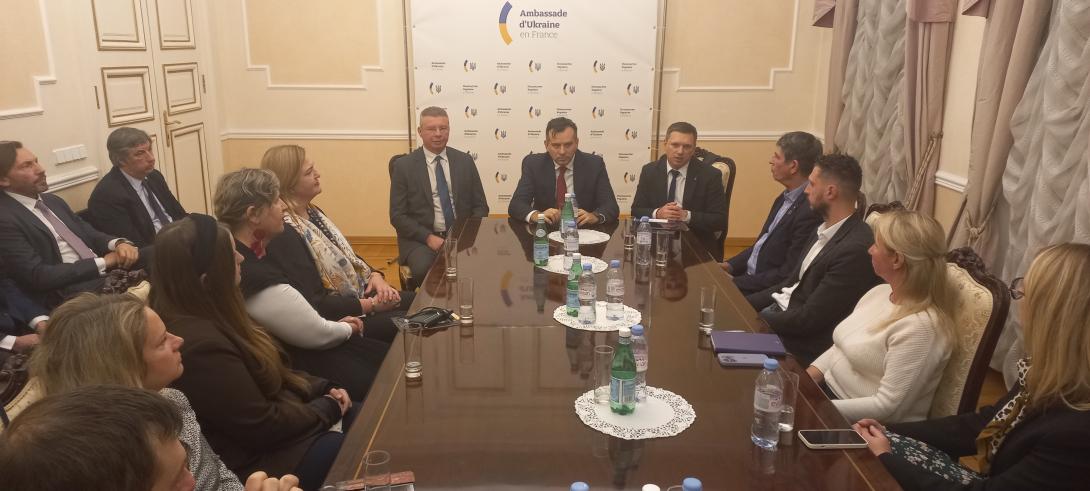
Consultations in Belgium
In Brussels, the delegation met with senior officials of the European Commission’s Directorate-General for Enlargement and Eastern Neighbourhood (DG ENEST).
The discussions focused on Ukraine’s progress in strengthening institutional capacity for democratic governance, interim outcomes of consultations with EU Member States, and mechanisms for coordinating EU financial and technical assistance to support electoral institutions. Both sides reaffirmed their shared commitment to ensuring that Ukraine’s post-war elections meet the highest standards of inclusiveness, integrity and transparency.
The delegation also visited International IDEA’s Regional Europe Programme, which coordinates the INSPIRE UA project. The meeting served to review ongoing cooperation with Ukrainian institutions, assess needs for expert and methodological assistance, and plan the next steps for capacity-building activities, including upcoming study visits and policy dialogues.
Further consultations with Belgian authorities, including the Federal Public Service for Interior Affairs and the Ministry of Foreign Affairs, focused on Belgium’s practice of facilitating voting for citizens, including for citizens of third countries. The discussions aimed to explore the possibilities for organising out-of-country voting for Ukraine’s post-war elections and covered procedures for authorizing polling stations beyond diplomatic premises, inter-institutional coordination, and the security and administrative frameworks for election operations abroad.
An additional exchange with Ukrainian diaspora organizations and civil society representatives highlighted the importance of citizen engagement and voter education in ensuring inclusive participation and informed decision-making.
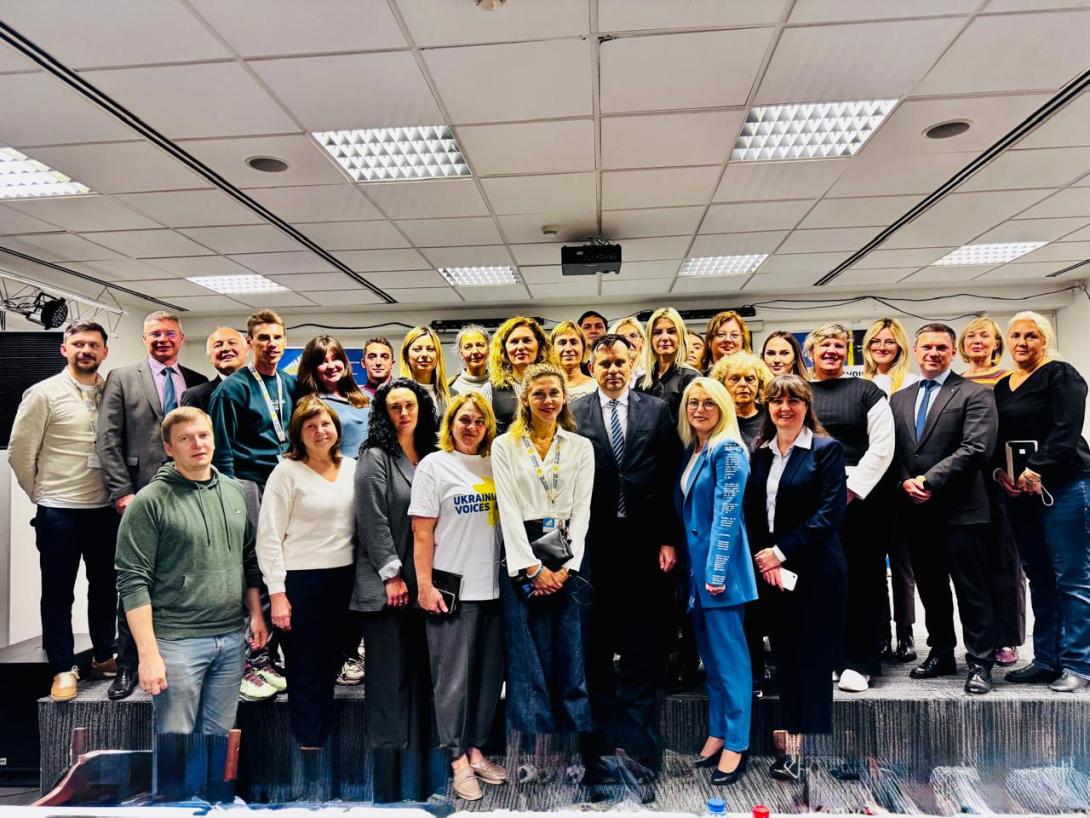
Parliamentary Electoral Dialogue at the European Parliament
The visit concluded with a “Parliamentary Electoral Dialogue: Further Exchange of Views”, held at the European Parliament in continuation of the 2023 dialogue “Challenges and Needs in Organising Citizen Participation Abroad for Ukraine’s Post-War Period.”
The event gathered Members of the European Parliament, leadership of the Verkhovna Rada of Ukraine, the Central Election Commission, the Ministry of Foreign Affairs, civil society, and international partners. Participants reviewed Ukraine’s progress in building the legal and operational framework for out-of-country voting, shared the results of recent consultations with host-country authorities, and discussed future priorities for cooperation and technical assistance. The dialogue underscored the importance of continued European solidarity and practical support to help Ukraine safeguard its democratic institutions during wartime and prepare for the next electoral cycle in a manner consistent with international standards and citizens’ expectations.
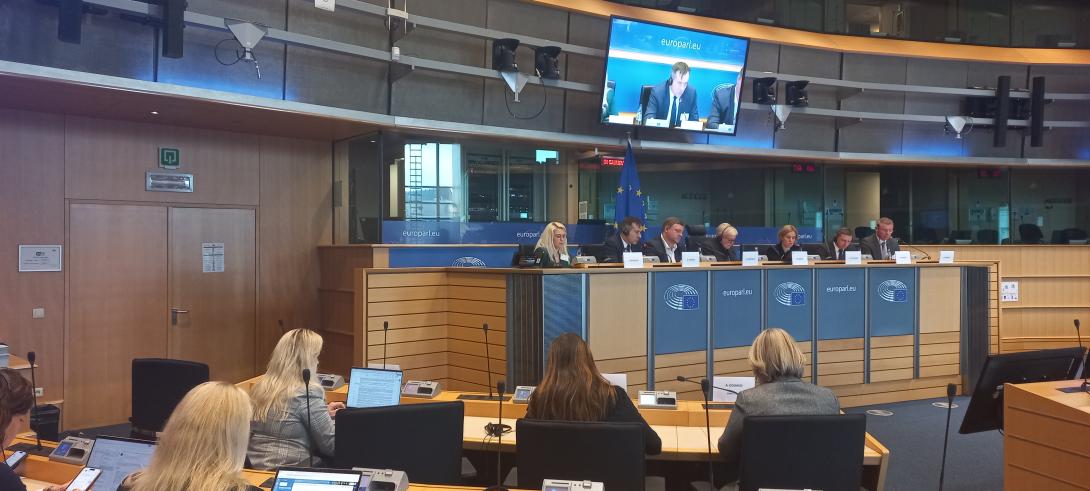
The consultations in France and Belgium further strengthened Ukraine’s institutional readiness, enhanced coordination between electoral and diplomatic bodies, and reinforced partnerships with EU institutions and Member States.
Through INSPIRE UA, International IDEA, with the financial support of the European Union, promotes structured dialogue and peer learning between Ukrainian and European electoral institutions, ensuring that international experience informs Ukraine’s post-war democratic recovery. The project will culminate in a comprehensive report in July 2026, summarizing best practices, legal and logistical recommendations, and a roadmap for enabling the participation of millions of Ukrainians living abroad in future elections.




